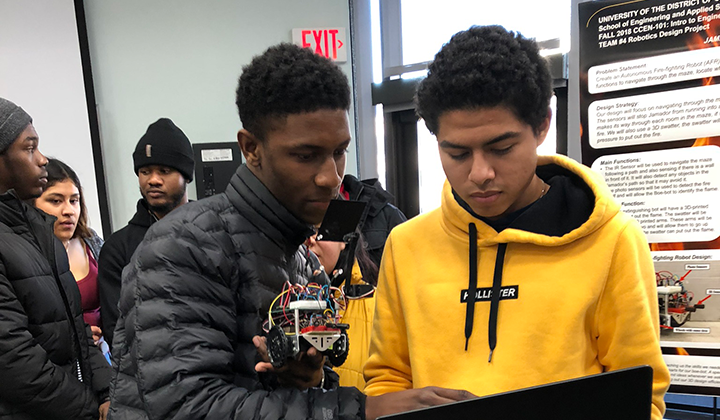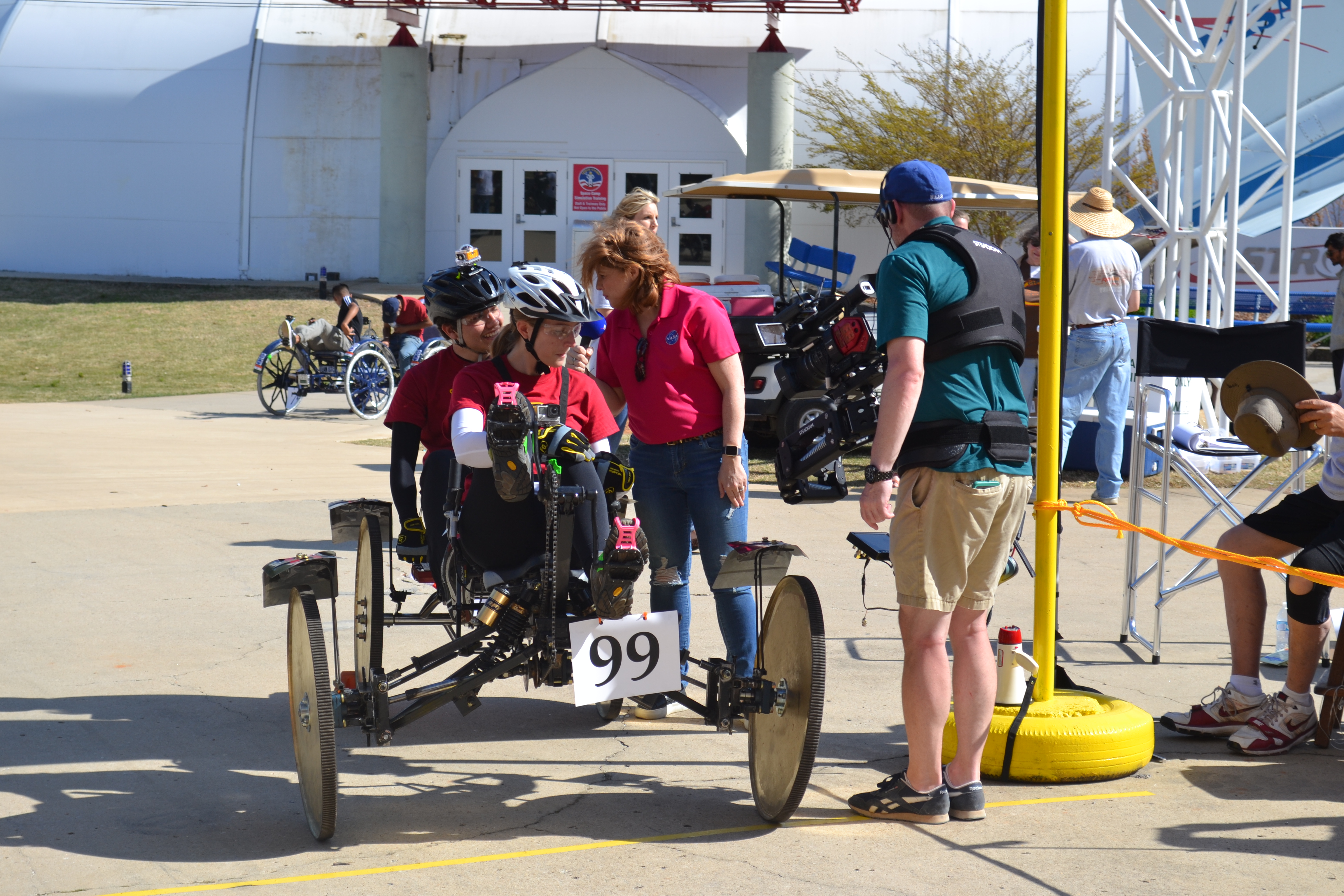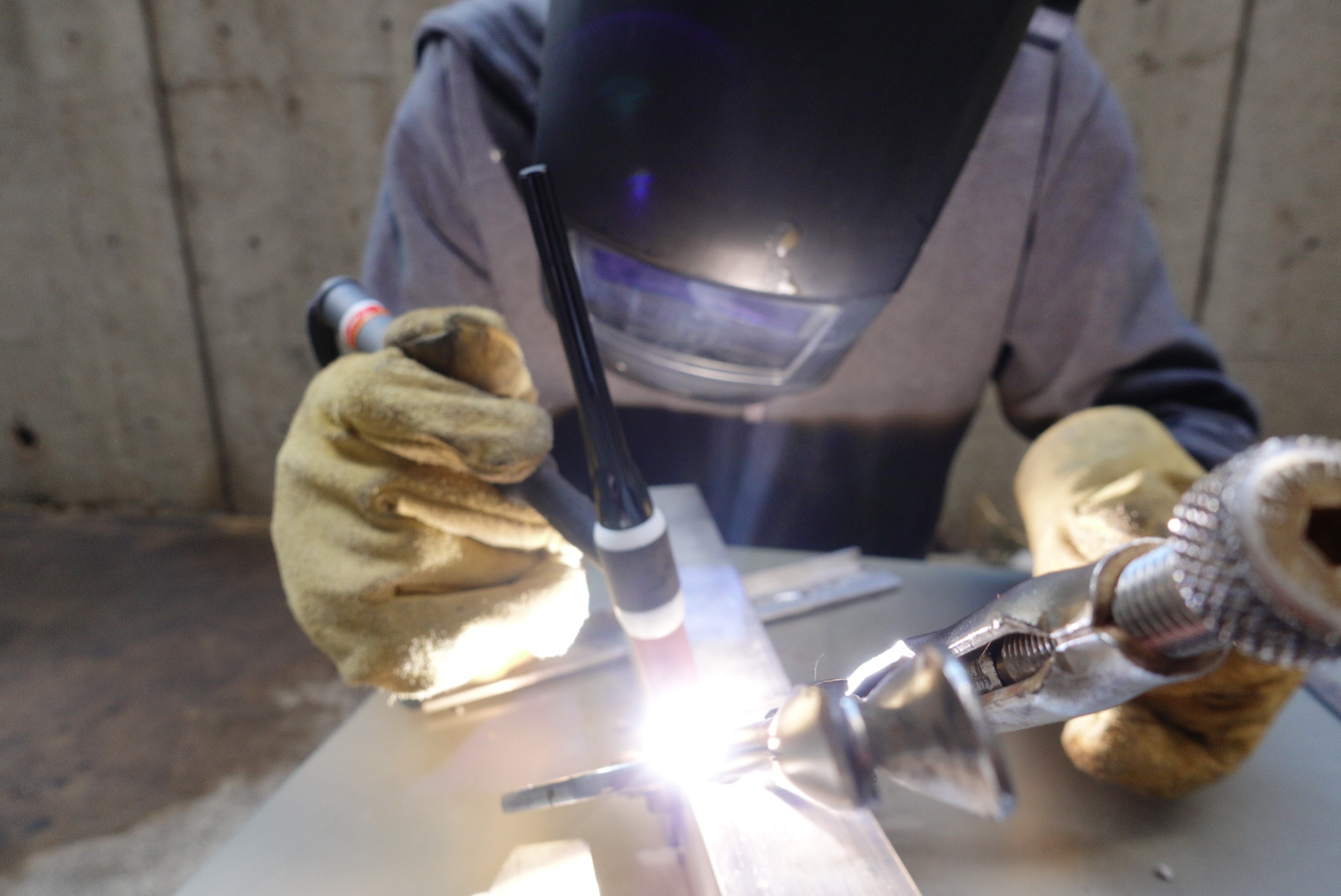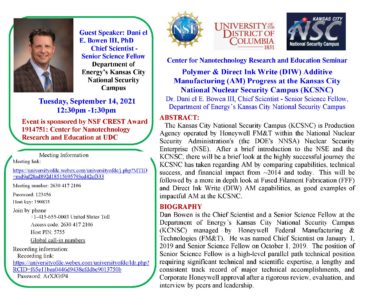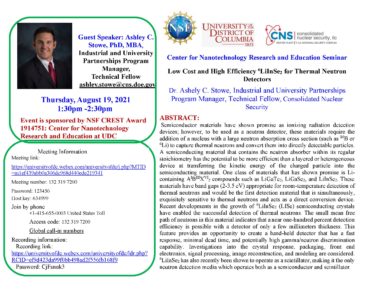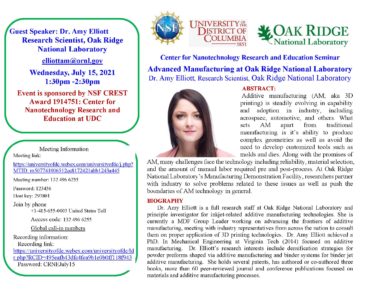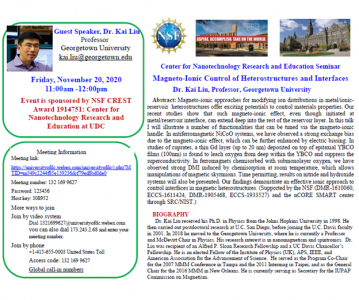CNRE Monthly Seminar Series
Guest Speaker: Daniel E. Bowen III, PhD
Chief Scientist – Senior Science Fellow
Department of Energy’s Kansas City National Security Campus – September 14, 2021
Guest Speaker: Ashley C. Stowe, PhD, MBA
Industrial and University Partnerships Program Manager, Technical Fellow
Low Cost and High Efficiency 6LiInSe2 for Thermal Neutron Detectors – August 19, 2021
Guest Speaker: Dr. Amy Elliott
Research Scientist, Oak Ridge National Laboratory
Advanced Manufacturing at Oak Ridge National Laboratory – July 15, 2021
CNRE Monthly Seminar from 11am to 12pm, Nov 20,2020
CNRE Research Seminar Series
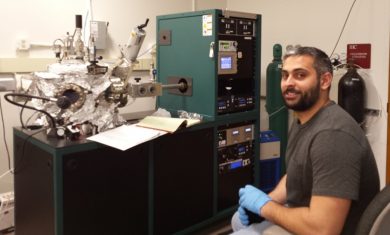 The seminar series will offer a great opportunity for participants to learn about ongoing research within SEAS and network with experts to foster professional growth of CNRE affiliates. CNRE invites you to broaden the knowledge base, discuss emerging topics and provide feedback on current research. Future topics include emerging research on Nanotechnology, Additive Manufacturing and Energy.
The seminar series will offer a great opportunity for participants to learn about ongoing research within SEAS and network with experts to foster professional growth of CNRE affiliates. CNRE invites you to broaden the knowledge base, discuss emerging topics and provide feedback on current research. Future topics include emerging research on Nanotechnology, Additive Manufacturing and Energy.
All research seminars are FREE and open to the public. Refreshments will be provided and all are welcome to join these interactive sessions!
Events
2020-5-29 CNRE ONLINE SEMINAR FROM NIST
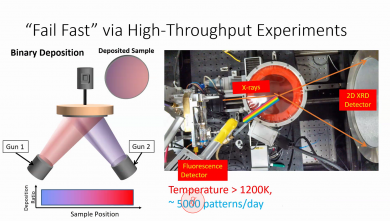 CNRE invites you to an online seminar by Dr. Hattrick-Simpers Jason from NIST on “” This seminar on AI will enlighten and expand our future research scope for AI applications into engineering.
CNRE invites you to an online seminar by Dr. Hattrick-Simpers Jason from NIST on “” This seminar on AI will enlighten and expand our future research scope for AI applications into engineering.
Friday, May 29, 2020 12:00pm – 1:00pm
Meeting Link: https://universityofdc.webex.com/universityofdc/j.php?MTID=mdc34ed139603a35eb17a49df9f2a668b
Meeting number: 798 413 901
Password: 1234
Tuesday, March 3, 2020
The Role of the National Nanotechnology Initiative and How to Engage
Presenter: Dr. Lisa Friedersdorf, Director of the National Nanotechnology Coordination Office
Tuesday, November 19, 2019
12:00pm -1:00pm
Building 42, Room A06
Ultrathin Magnetic Films for Future Nanoelectronics
Daniel B. Gopman, PhD, National Institute of Standards and Technology
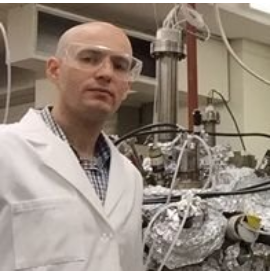
Daniel B. Gopman, PhD Scientist in the Materials Science and Engineering Division, National Institute of Standards and Technology daniel.gopman@nist.gov
Nanoscale ferromagnetic films hold significant promise for a range of emerging technologies, ranging from memory cells for non-volatile random access memories to stochasic computing elements for fast and energy-efficient pattern recognition systems. Common among these applications are a storage ferromagnetic layer with a well-defined anisotropy axis; a second magnetic layer (or layers) with a fixed magnetization orientation; an oxide tunneling barrier separating the magnetic layers and facilitating discrimination of the relative magnetic layer orientations (tunneling magnetoresistance); and a method for changing the orientation of the storage layer that is both low-energy and local (e.g. would not disturb an adjacent device on a dense chip array). These criteria can occasionally be at odds with one another, requiring judicious co-optimization of these heterogeneous layered films for functional properties.
At the Materials Science and Engineering Division of the National Institute of Standards and Technology, our team is focused on the best practices synthesis and characterization of thin film heterostructures for magnetic devices. We deliver precision measurements of the magnetic anisotropy strength, the spectroscopic g-factor splitting and the magnetic dissipation (Gilbert damping) using a NIST-built broadband ferromagnetic resonance spectrometer that can simultaneously probe the properties of each ferromagnetic layer in a magnetic memory structure, with sensitivity down to sub-nm thick Co-Fe-B alloy films. We additionally carry out magneto-optic imaging of a range of prototype magnetic memory microstructures, including magnetic microrings and spin orbit torque devices, to understand magnetization reversal behavior in real time. Finally, we employ physical vapor deposition at our magnetic engineering research facility to produce magnetic multilayers in an ultrahigh vacuum (base pressure < 4×10-8 Pa) environment with the flexibility to choose from up to 13 different metal and insulating sputtering targets without breaking vacuum. These capabilities are broadly available to accelerate our understanding of prototypes and processing details to support the domestic microelectronics industry and our colleagues in academia. Opportunities for student engagement are available and will be discussed briefly.
BIOGRAPHY
Daniel B. Gopman, PhD, is a staff scientist in the Materials Science and Engineering Division at the National Institute of Standards and Technology. He earned his PhD in Physics from New York University, where he performed research on the switching properties of nanostructured spintronic devices. Dr. Gopman joined NIST in 2014 on a NRC postdoctoral fellowship to develop multiferroic heterostructures combining magnetic thin films with piezoelectric actuators. His current research focuses on the development of novel magnetic devices for more effective control of magnetism at the nanoscale. Dr. Gopman is a co-organizer of the US Government Working Group on Magnetic Tunnel Junction technologies and a member of the American Physical Society, the IEEE Magnetics Society and the Materials Research Society.
Opportunities for student engagement in National Institute of Standards and Technology are available and will be discussed briefly in this Research Seminar.
Wednesday, October 23, 2019
Building 42, Room A09A
12:00 to 1:30pm
Dr. Bishnu R. Dahal from South Dakota State University presents, Effect of Partial Substitution of In with Mn on the Structural, Magnetic, and Magnetocaloric Properties of Ni2Mn1+xIn1-x Heusler Alloys.
Dr. Bishnu R. Dahal from South Dakota State University will present research topics of Effect of Partial Substitution of In with Mn on the Structural, Magnetic, and Magnetocaloric Properties of Ni2Mn1+xIn1-x Heusler Alloys. This seminar will explore magnetocaloric effect (MCE) of a prospective magnetocaloric material Ni2Mn1+xIn1-x. The practical application of MCE in magnetic cooling is expected to replace the existing vapor-compression-based cooling technology with energy efficient and environment friendly solid-state cooling technology. The main challenge is to find a cost-effective magnetic material that can be used as a magnetic refrigerant. The seminar will present the investigation of the structural, magnetic and magnetocaloric properties of the prospective magnetocaloric material Ni2Mn1+xIn1-x to overcome the challenge. Emphasis will be on the synthesis and characterization of Ni2Mn1+xIn1-x (x = 0, 0.15, 0.20, 0.25, 0.30, 0.34, 0.35, and 0.40) alloys, and the prospect of these materials for magnetic cooling technology.
Biography
Dr. Bishnu R. Dahal is a Postdoctoral Research Associate Department of Physics, South Dakota State University. He received his Ph.D. degree in Department of Physics from The Catholic University of America. He also worked as Adjunct Physics Professor at Northern Virginia Community College. Dr. Dahal’s research expertise and interests include Fabrication & Characterization of Nano/Micro and Bulk Magnetic Materials, Magnetocaloric Effect, Spintronics, Topological Crystalline Insulator, Weyl Semimetal, Spin-gapless System. He has published 13 research papers on prestigious Journal and presented his work on national and international meetings and conference. Dr. Dahal serves as Peer Review of prestigious Journals such as Journal of Physics: Condensed Matter Materials, Applied Surface Science, Metals and so on. He also served as a Session Chair of 2019 Joint MMM-Intermag Conference. He is a member of American Physical Society and American Physical Society.
Seminar Series Managing Director
Dr. Hongmei Dang
hongmei.dang@udc.edu
202.274.5836
